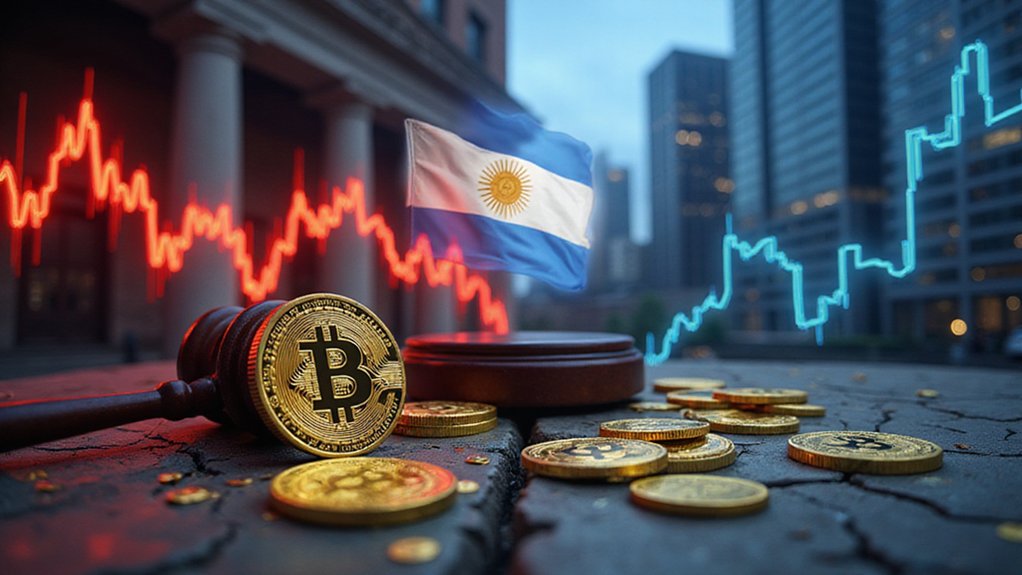As the global financial landscape continues to evolve, the International Monetary Fund (IMF) has taken a pivotal step by formally incorporating Bitcoin and other cryptocurrencies into its official global financial standards. The IMF's Balance of Payments Manual 7 (BPM7), released March 20, 2025, marks the first time cryptocurrencies have been integrated into global economic reporting frameworks. Developed with input from over 160 countries, the manual establishes comprehensive rules for recording cryptocurrency transactions.
The IMF classified Bitcoin as a non-produced non-financial asset, placing it in the same category as land, art, and intellectual property. This classification distinguishes Bitcoin from traditional currency, acknowledging it lacks an issuing entity or associated liability. Under these guidelines, Bitcoin holdings will be recorded separately in a country's capital accounts, creating a clear distinction from government-backed currencies.
Stablecoins received different treatment, categorized as financial instruments subject to regulations comparable to traditional investments. Platform tokens like Ethereum and Solana are classified as equity holdings, akin to owning shares in foreign companies. This differentiation impacts how cross-border transactions involving various digital assets are reported. The regulatory clarity provided by these classifications is essential for establishing long-term market confidence in cryptocurrencies.
The manual also addresses crypto-related economic activities. Mining, staking, and yield-bearing operations are categorized as service production, with miners and validators considered service providers. The IMF has committed to advancing the BPM7 adoption globally by 2029-2030 to ensure comprehensive integration of digital assets in economic reporting.
Staking rewards are treated likewise to equity dividends, recorded under current account income, potentially creating new tax implications for passive crypto income.
These new standards improve transparency and bolster accuracy in global economic data, allowing policymakers to better understand cryptocurrency market dynamics. Financial institutions face new reporting requirements for international digital banking operations, while governments must address complexities in managing international money flows involving cryptocurrencies.
The IMF's decision has generated various interpretations within the crypto community. Some view it as recognition of Bitcoin as "digital gold," while others claim the IMF is adding Bitcoin to its reserves—a claim that remains unconfirmed. This landmark development could lead to escalated acceptance of cryptocurrencies by traditional financial institutions globally.
This development represents a significant shift in how global financial institutions engage with digital assets, potentially paving the way for more coherent regulatory approaches worldwide.





